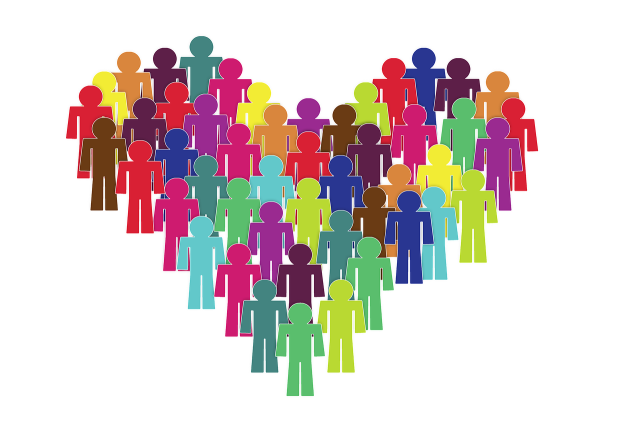At the ACT Alliance General Assembly, the church continues to twist itself in knots about sex and sexuality.

Dan Benson is blogging on his experience as a United Church representative to the ACT Alliance General Assembly in Uppsala, Sweden. Read his other dispatches from the meeting.
Well, there's nothing like an argument about sex to get church people truly riled up.
Today at the ACT Alliance General Assembly we had further discussions on gender justice, and a statement was presented with a paragraph that drew connections between gender justice and other identity markers, such as class, age, sexual orientation, ethnicity, religious affiliation, etc.
For a Canadian like me, this was basic boilerplate. I've included such statements in many things I've written, including numerous government grant proposals for St. Paul's, tenant agreements, policy statements, etc. It's part of who I am, what I envision my congregation to be, and what I believe God is calling us to build. In fact, when I read this in the draft statement, I glossed right over it.
Well, not so quickly young Jedi, as my sister says to my nephew when he gets ahead of himself. The discussion had only just begun when members from the Orthodox contingent got up and said this was totally unacceptable, that it went against their beliefs and the Bible, and they would, if this passed, have to leave the Alliance. They would, however, be content to substitute "sexual orientation" with the word "sexuality," as if that connoted something completely different. Maybe I missed the memo that explained that only LGBT+ people have a "sexual orientation" but straight people have a "sexuality." Something to ponder.
What struck me afterward (BTW, the statement has been tabled for further discussion — stay tuned), was how upset and angry some of my straight friends/allies were about this. Much more so, in fact, that I was.
And I wonder if that's because I've become inured to homophobia in the church. Sure, I'm openly gay and have been accepted (along with my husband) in my congregation, when I worked at the General Council Office, and at the many meetings and organizations I've attended on behalf of the United Church. But most of my experience of homophobia has, in fact, been in the church. My first serious and personal verbal bashing occurred in the sanctuary of my home church some decades ago, when another parishioner, upon learning I was gay, started hurling epithets and Bible verses at me. The minister at the time rubbed salt into the wound when he shrugged off the incident as "just one of those things."
Shortly after starting as minister at a new church, I learned a family left because they couldn't have "'someone like that preaching at them every Sunday." They even tried to get me ousted (their efforts failed magnificently, when one of the matriarchs told them off and said she rather liked me!). More recently, I've had to deal with the fallout of our "sign debacle," and the hate mail I received when we terminated the sign service that refused to put up our Pride messages (notably, we got way more messages of support, but it was still deeply troubling). Back in 1988 I was there for "the decision;" in the 90s I promoted Affirm United at my home congregation; and, later I worked at the Anglican Church when it was debating "the issue," (as it continues to do so even today). Sigh! It gets old.
So, maybe for me today was just another day at the office, where church continues to get twisted in knots about sex and sexuality. But it highlights for me how I can't afford to get complacent, because I do enjoy the privilege of being in a safe space — safer than most of my brothers and sisters around the world. And it reminds me that these coalitions are incredibly fragile, and so much of that fragility is not about theology, ecclesiology, or epistemology, but about deep-seated convictions about sex (albeit often grounded in [mis]interpretations of scripture).
Does a coalition like ACT concede to the members that would put parameters around who can be on the receiving end of humanitarian aid for the sake of the (so-called) unity of the Alliance? Do we say to them, this is the game and if you don't like the rules you can take your ball and leave? Do we try to separate our theology from our mandate to provide humanitarian aid to those in need regardless of who they are? If we're committed to the UN 2030 Agenda principle that "no one gets left behind," it seems pretty straightforward. After all, no one, means no one. Period.
—Dan Benson is minister at St. Paul's United Church in Scarborough, ON and a United Church representative with partner ACT Alliance.